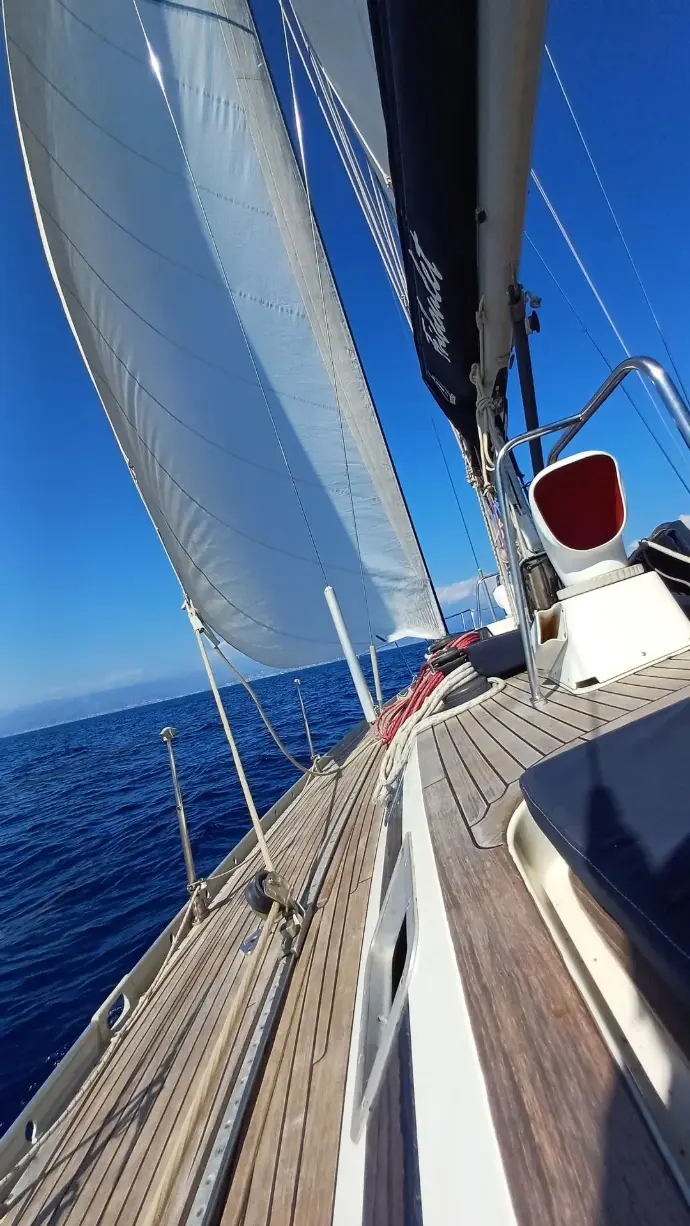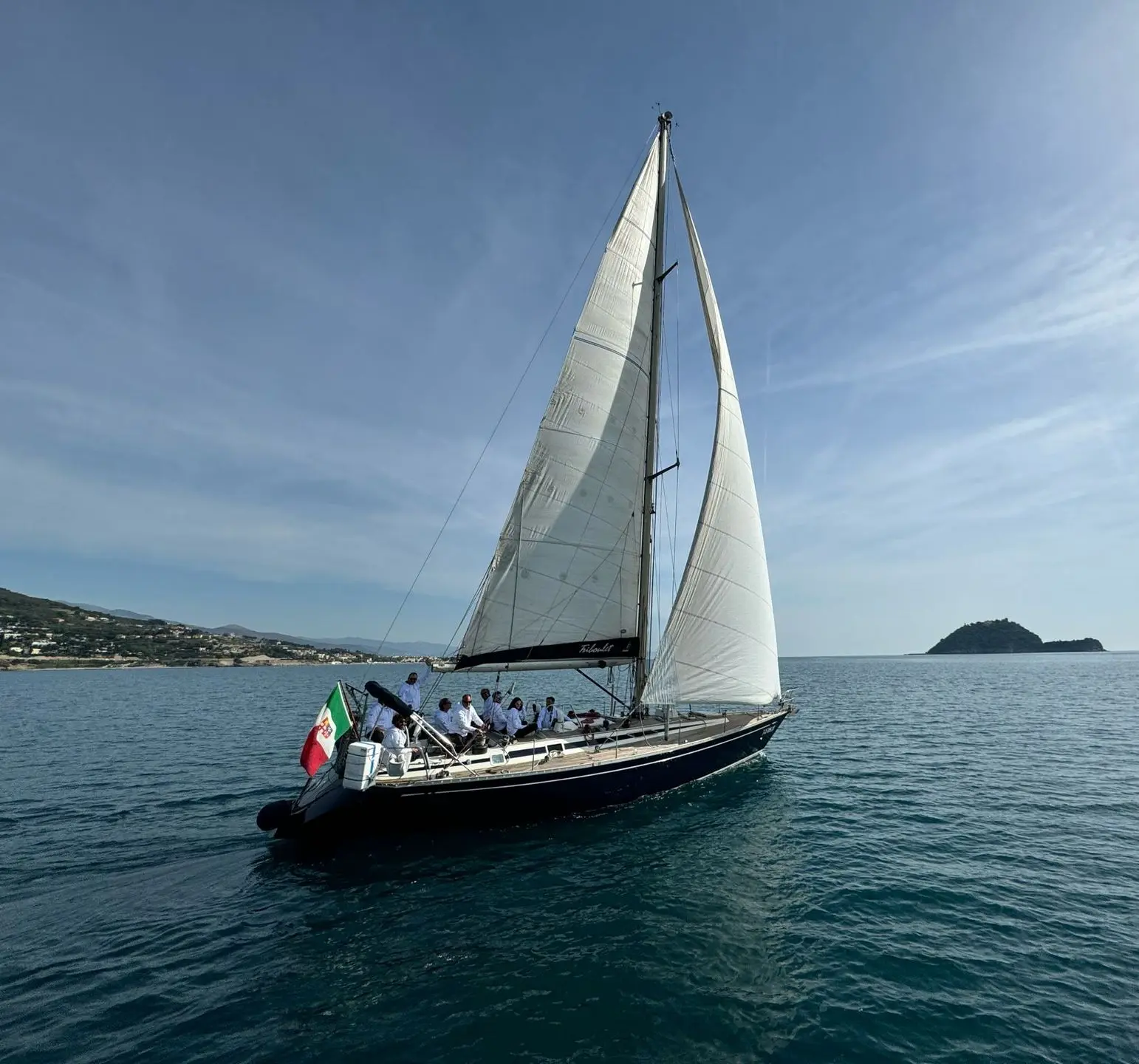Yachting Timeline
The most important historical milestones of yachting
The development of yachting has gone through several fundamental phases:
1600-1700
Dutch origins
- The term "yacht" comes from the Dutch word jacht, which referred to fast boats used for transportation and warfare.
- In the 17th century, the Dutch began building pleasure yachts for the nobility, including the famous yacht given by the Dutch to Charles II of England in 1660.
- Foundation of the Royal Yacht Squadron (1815) in England.
- 1851: the schooner America wins the first race around the Isle of Wight, giving rise to the America’s Cup.
- Development of the first racing boats with more sophisticated designs.
1800-1900
The Victorian era and the first regattas
1900-1950
The era of great technical discoveries
- The first yachts with steel and aluminum structures are born.
- Growth of the J-Class in the 1930s, with legendary boats like Endeavour and Shamrock V.
- After World War II, synthetic materials (Dacron, fiberglass) began to replace wood.
- Spread of ocean races (Fastnet, Sydney-Hobart).
- Introduction of the International Offshore Rule (IOR) in the 1970s to standardize offshore racing competitions.
- Aerodynamic and technical innovations, with designers like Olin Stephens and Bruce Farr.
1950-2000
The modern era and the birth of metric and cruising classes
2000-Today
The 21st century: technology and sustainability
- Use of carbon and composite materials for hulls and sails.
- Introduction of foils and hydrofoils in racing monohulls (Vendée Globe, America's Cup).
- Growth of the market for eco-sustainable cruise yachts.
The most important historical milestones of yachting
The development of yachting has gone through several fundamental phases:
1600-1700
Dutch origins
- The term "yacht" comes from the Dutch word jacht, which referred to fast boats used for transportation and warfare.
- In the 17th century, the Dutch began building pleasure yachts for the nobility, including the famous yacht given by the Dutch to Charles II of England in 1660.
1800-1900
The Victorian era and the first regattas
- Foundation of the Royal Yacht Squadron (1815) in England.
- 1851: the schooner America wins the first race around the Isle of Wight, giving rise to the America’s Cup.
- Development of the first racing boats with more sophisticated designs.
1900-1950
The era of great technical discoveries
- The first yachts with steel and aluminum structures are born.
- Growth of the J-Class in the 1930s, with legendary boats like Endeavour and Shamrock V.
- After World War II, synthetic materials (Dacron, fiberglass) began to replace wood.
1950-2000
The modern era and the birth of metric and cruising classes
- Spread of ocean races (Fastnet, Sydney-Hobart).
- Introduction of the International Offshore Rule (IOR) in the 1970s to standardize offshore racing competitions.
- Aerodynamic and technical innovations, with designers like Olin Stephens and Bruce Farr.
2000-Today
The 21st century: technology and sustainability
- Use of carbon and composite materials for hulls and sails.
- Introduction of foils and hydrofoils in racing monohulls (Vendée Globe, America's Cup).
- Growth of the market for eco-sustainable cruise yachts.
Do you want to join our fleet?
Create a fleet of shipowners and lovers of vintage and classic sails, engaged in a social and cultural action of sharing, training, and inclusion, aimed at young people and families in every territory. The goal is to disseminate the history of seafaring and develop maritime professions, with attention to the values of the centrality of the person and respect for Creation.

